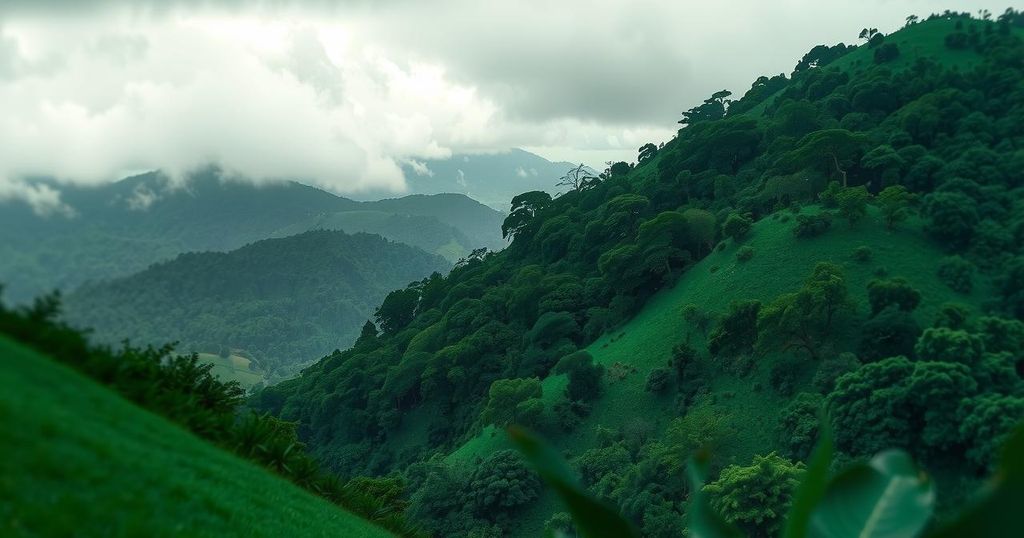Journalists in the Democratic Republic of Congo (DRC) are facing severe threats to their safety and freedom. Philip Mayifilua was targeted after speaking about press challenges, while other journalists like Dame Tuluka have experienced harassment and arrest. The conflict has led to self-censorship and financial strain for many. Organizations are working to support press freedom amidst these challenges.
In February, journalist Philip Mayifilua faced arrest after discussing media freedom issues on a radio show in the Democratic Republic of Congo (DRC). The Higher Council for Audiovisual and Communication (CSAC) accused him of aligning with the M23 rebel group, prompting him to flee to Uganda. This incident highlights the ongoing threats journalists face in the DRC amidst violence and political instability.
Mayifilua’s situation arose shortly after the CSAC censured three French media outlets over alleged biased reporting on the M23 conflict, which recently resulted in thousands of deaths and widespread displacement. Local journalists are threatened and often compelled to self-censor due to fear, with over 40 fleeing the country to avoid reprisals.
Both the DRC government and the M23 rebel group have hindered press freedom by restricting information flow and harassing reporters. Government forces, along with M23 rebels, have looted various media outlets, further endangering news coverage. The involvement of Rwanda complicates matters for journalists, as they face additional threats while reporting.
Freelance journalist Dame Tuluka faced serious danger when crossing via Rwanda for medical reasons. Arrested by border customs agents, she was accused of being a spy, leading to a traumatic experience that leaves her fearing for her safety. Such incidents illustrate the intense pressures journalists endure when reporting in conflict zones.
To escape restrictions, journalists often avoid sensitive topics related to armed groups, limiting their coverage of critical issues such as abuses by soldiers. This self-censorship stems from the imminent threat of arrest and violence against reporters. Financial strain has also surfaced as many have not been able to earn a living in the volatile conditions.
Support for Congolese journalists in these precarious circumstances is vital. Gilbert Bukeyeneza, from the Ukweli Coalition, emphasized that journalists are pressured to conform to government and rebel narratives. Safety should be a priority, as incorrect decisions can lead to dire consequences.
The Ukweli Coalition is working towards facilitating cross-border reporting initiatives, which have their own challenges due to differing national views on the conflict. Their approach seeks to incorporate journalists from other nations to foster trust and collaboration. Journalist Mayifilua and Tuluka remain resolute in their commitment to advocacy for free press, underscoring the continual struggle for truth under threats and instability.
Journalists in the Democratic Republic of Congo face severe threats to their freedom and safety amid ongoing conflict, particularly from the government and rebel groups. It has led many to self-censor and avoid reporting on critical issues, resulting in financial difficulties. Organizations like the Ukweli Coalition aim to support these journalists by fostering collaboration and emphasizing the importance of safety. Activists like Mayifilua and Tuluka emphasize the need for continued advocacy for press freedom despite immense risks.
Original Source: ijnet.org






